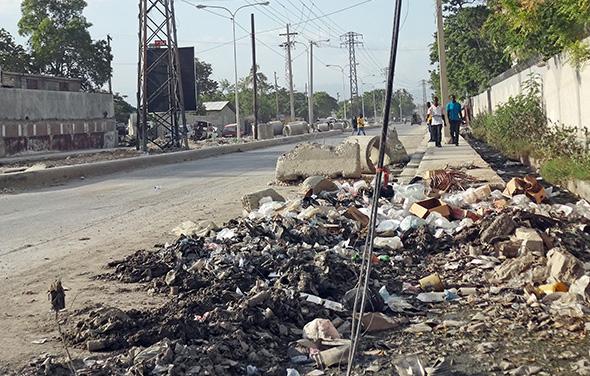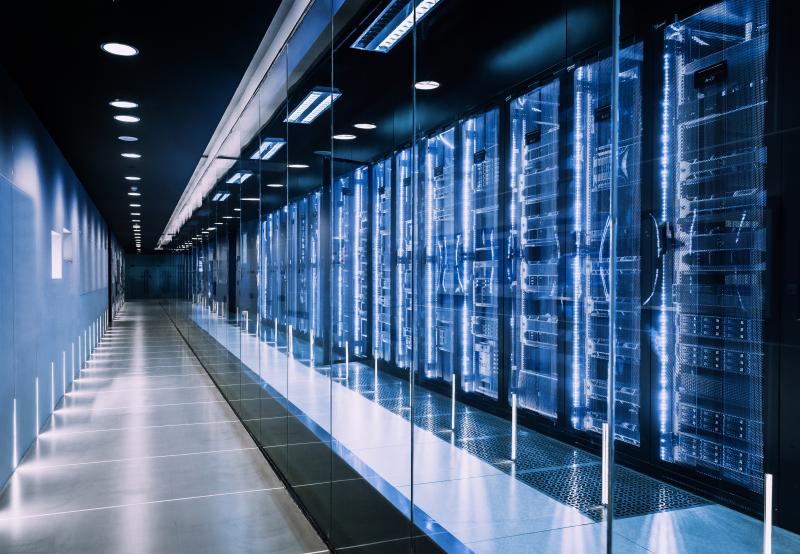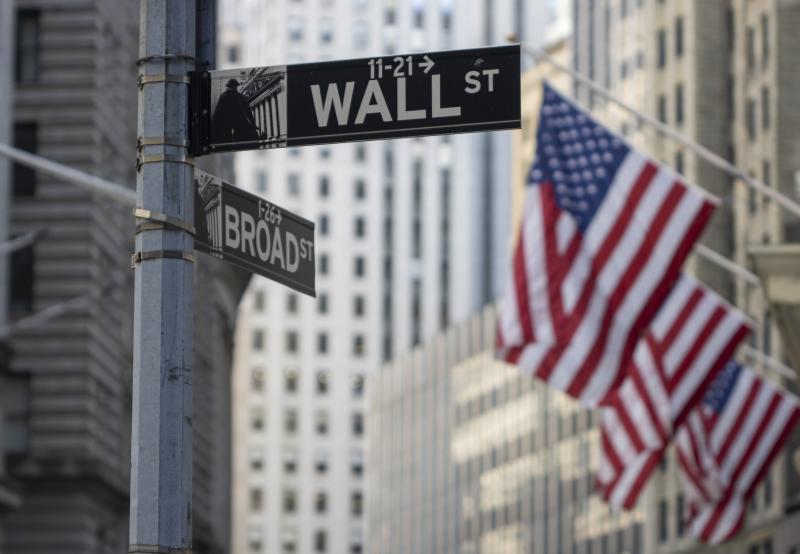
The GardaWorld International Protective Services division provides comprehensive security and risk management solutions to clients in complex, high-threat and emerging markets. Many of our operating locations, such as in Afghanistan, Iraq, Libya, Mexico and Yemen, are often touched by war or civil conflict.
Training and risk management is an integral part of what we offer to our clients, including companies in the oil and gas, mining and infrastructure, diplomatic, development and defense sectors. Our analysts and in-country teams monitor and evaluate the market conditions continually so we can respond to threat levels accordingly. This ground-truth information is used to advise clients on travel and market conditions in advance of their personnel’s arrival and to secure their safety while in-country. Our services are also supported by a series of threat and incident reports that are published daily, weekly and monthly, depending on the market conditions.
Ground conditions can take many forms; we constantly monitor terrorist threat and evaluate ground conditions such as the following:
Infrastructure—In-country travel can be difficult due to damaged roads, bridges, railroads and airports. War and civil unrest usually mean that maintenance of transportation infrastructure has been nil or non-existent. Therefore, travel can be dangerous without any obvious physical security threat. Our security teams are well aware of the local infrastructure and will drive routes accordingly. In fact, Road Traffic Accidents (RTAs) are the biggest cause of death and injury in Iraq and Afghanistan.
Communications—Like transportation, in-country communications can be compromised if not maintained or energized for lack of power. Power cuts are common in many of our markets which is why satellite phones are required. We recommend carrying a spare SIM card and fully charged spare battery for your mobile phone with you at all times. You should also note that when telecoms lines are at capacity—during an emergency, for example—when a voice call won’t connect, an SMS or text message will still get through. In the event of an incident, be sure to text your loved ones.
Public safety and law enforcement—In many emerging/high-threat markets the capacity of police and armed forces capabilities may vary greatly, due to political, economic, religious and corruptive influences, and usually in some combination. Take the advice of your local security manager, if you are unsure of the rules and regulations in the market of your deployment.
Public health—Travelers must be careful and take charge of their health in any new market of travel. In many developing or emerging markets, medical facilities are generally few and those that exist are marginal. Clean water, adequate sewage, fresh food, reliable electricity, sufficient medicines and trained medical professionals are usually lacking. Unfortunately, this impacts the health of the general population and diseases such as cholera can be widespread as what happened in Haiti following its back-to-back 2009 hurricanes and 2010 earthquake. You should always check that your vaccinations are up-to-date before travel, and we advise all clients to carry a small bag of essentials including U.S. dollars and a basic medical kit. (Don’t buy a huge complex kit, because if you are not trained to use it, there is not much point in carrying it.) All of our field offices have a full medical capability and can make provisions for medical evacuation in the event of an emergency.
To find out more about GardaWorld’s services in high-threat or emerging markets visit our website which details our range of services from pre-deployment training to physical security and crisis response.








